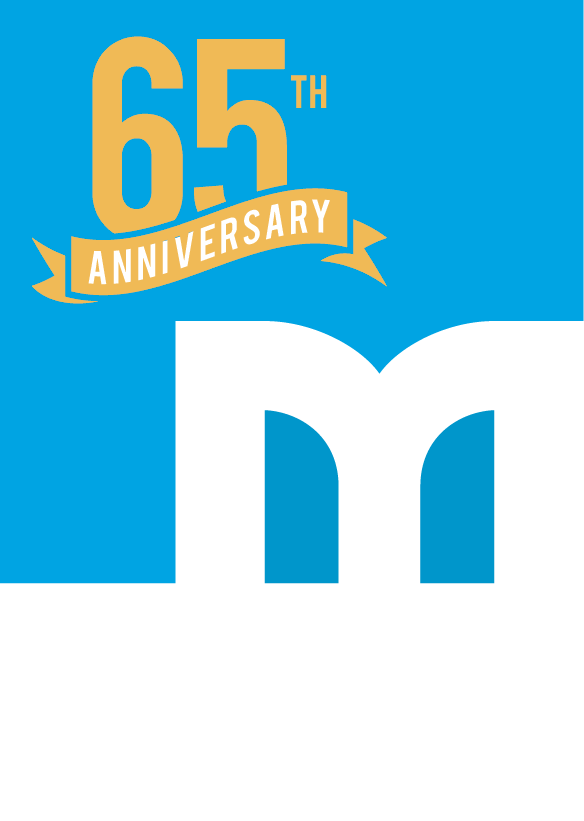Academic Supports

Academic Supports
In addition to the traditional academic subjects, the Midland curriculum includes several subjects that support social growth and increase independent living skills for our students.
Applied Behavior Analysis (ABA)
Applied Behavior Analysis (ABA) is used in select Midland classrooms to encourage positive behavior changes for students. This may include an assessment and plan to help students learn social, communication, and adaptive life skills. As part of this program, Midland has a Board Certified Behavioral Analyst (BCBA) on staff.
Social Skills development
Social Skills development is addressed school-wide formally and informally within every classroom. Midland’s “Super Flex” and “Zones of Regulation” program teaches students to make appropriate social decisions across settings – school, home, community and work – as well as encourages, and recognizes positive social skill development. Visual and verbal cues, monthly theme instruction, and merit-based rewards reinforce appropriate social skills.
Independent Living instruction
An apartment with a kitchen, dining area, living room, bedroom and laundry area is available for Independent Living instruction. Objectives encompass a variety of areas, such as cooking, cleaning, personal care and laundry skills. Activities include identifying appliances, using hand tools, measuring ingredients and following recipes to make simple meals. In the bedroom, students make the bed, sort and fold clothes, vacuum and clean.
Community Living
Students practice skills to help them become more independent in the community. Five separate areas address the needs of both younger and older students. Community Living encompasses independent living skills, career education skills, reading, language, math and social skills as they relate to being out in the community. Students practice skills such as shopping in a food store, eating out in a restaurant, working on money skills in the bank, sorting and weighing packages in the post office and stocking shelves in the retail store.
Art Curriculum
Midland’s art curriculum develops visual motor skills, tactile discrimination, visual discrimination and spatial concepts. The themes of art projects can be historical, contemporary or reflect the topics being studied in social studies or science.
Music Program
All Midland students participate in the music program on a weekly basis. Through active participation, the students have an opportunity to develop the musical skills of performing, listening and analyzing, and creating. They also learn the structure of music through the study of basic musical concepts, such as: pitch, rhythm, dynamics, form, and timbre. In addition to the regular class lessons, students are able to participate in chorus, instrumental instruction, or drama club.
Computer Skills
During “program center” time students learn computer skills which may include word processing, computer design or keyboarding. The projects are always related to the content being taught in the individual classrooms, specifically the social studies and science topics.
An Interactive Flat Panel and individual computers are used to reinforce this instruction. Students also borrow books from the library.
Adaptive Physical Education Program
The adaptive physical education program is designed to meet the individual needs of every student. The program focuses on the development of strength, endurance, fundamental motor skills and patterns such as throwing, catching and running. The students also participate in group games, team sports (intramurals), swimming, and lifetime recreational activities.
The Health Education curriculum includes family life education, personal health, accident prevention and safety, nutrition, environmental health, substance use and abuse, mental and emotional health, and the prevention and control of diseases.



